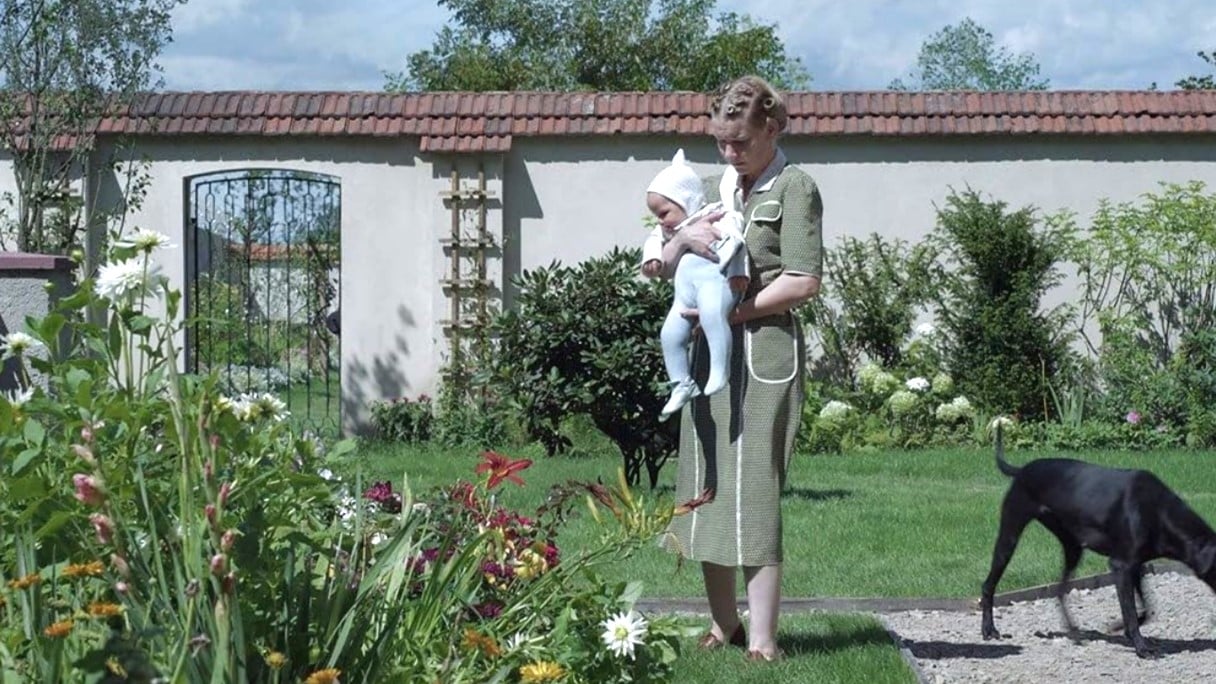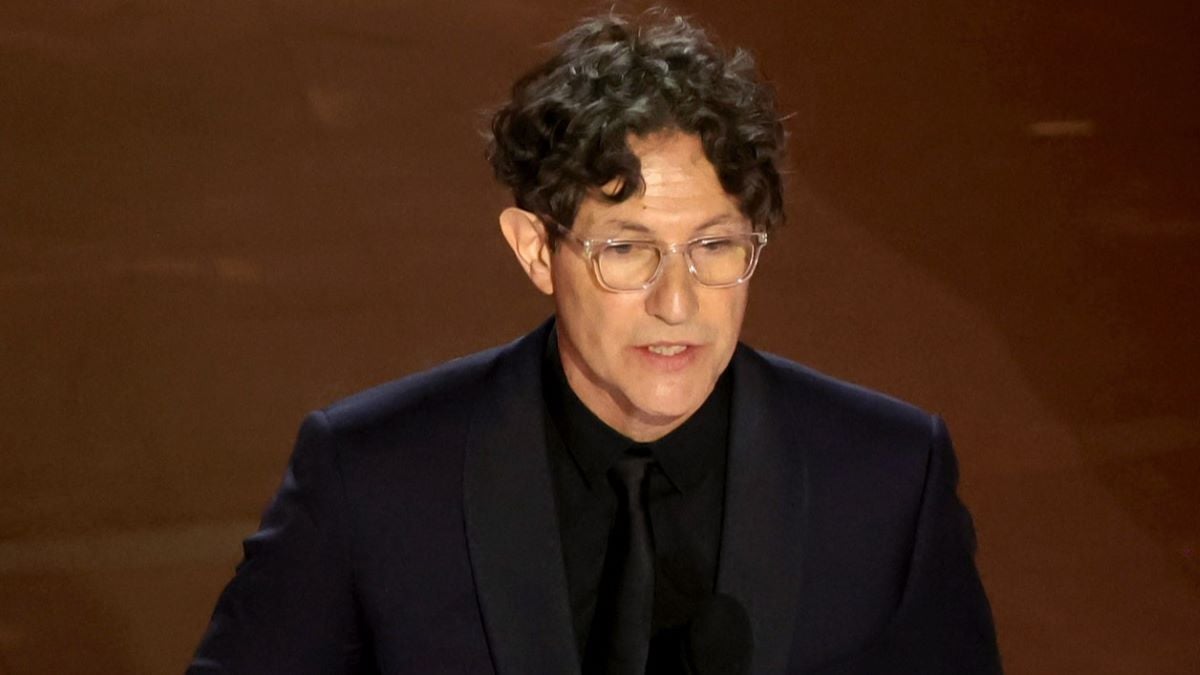At the 96th Academy Awards earlier this week, British director Jonathan Glazer took home the Oscar for Best International Feature for his film The Zone of Interest, a historical film based on the lives of Nazi commandant Rudolf Hóss and his family, living in a home built across a bordering wall from Auschwitz concentration camp.
Glazer also had the most talked about acceptance speech of the evening, having drawn controversy in its references to the ongoing Israeli-Palestinian conflict. Glazer, who is Ashkenazi Jewish, has been accused by critics of rejecting his religion and embracing antisemitic rhetoric.
One producer of the film stated that the acceptance speech did not reflect his own views on the conflict, with The Holocaust Survivors’ Foundation USA describing Glazer’s speech as “morally indefensible”. In contrast, the Auschwitz Museum, featured at the end of the film in modern day, defended the speech as a “universal moral warning against dehumanization,” and that it was not inherently politically partisan.
There is a wide spectrum of thought regarding Glazer’s speech, particularly in the Jewish community and various activists of both Palestinian and Israeli solidarity, about its overarching message. These ideas can highly contradict one another, often stating entirely different intentions of the filmmaker and his statement earlier this week, speaking on behalf of the producers and crew behind The Zone of Interest.
With such contrasting beliefs surrounding the statement and what it meant, it is worth taking a look at the transcript of Jonathan Glazer’s acceptance speech, re-contextualizing the text in full sentences, to avoid misquoting and misrepresenting the acclaimed director, as well as outlining his true intentions.
Breaking down Jonathan Glazer’s acceptance speech
The full acceptance speech by Jonathan Glazer can be watched above, but this explainer will concentrate on the segment that has most been quoted on social media apps and various media outlets.
One particular line in Jonathan Glazer’s acceptance speech has been quoted and debated the most, and has been subject to the most interpretations, ranging from embracing his Jewish identity, to excommunicating himself from the Jewish faith and culture.
“Right now we stand here as men who refute their Jewishness and the Holocaust being hijacked by an occupation which has led to conflict for so many innocent people.“
The phrase “refute their Jewishness” especially has been subject to the latter interpretation of rejecting his religion, but the sentence does not end there. The adjoining words in the following part of this sentence make this claim much more difficult to assert.
Glazer states that the winners of the award “refute their Jewishness and the Holocaust”, which would mean that Glazer was also refuting the history and facts of the Holocaust. The filmmaker engaging in outright Holocaust denial, especially after making a film like The Zone of Interest, seems extremely unlikely, especially as a proud Jewish filmmaker.
Moreover, looking at the bigger picture of this segment, Glazer is stating the team behind The Zone of Interest “refute their Jewishness and the Holocaust being hijacked” – the sentence does not end at Glazer refuting his religion and its history.

From there, Glazer uses the phrase “occupation” – referring to the Israeli military occupation of Gaza, placing a direct contrast between Judaism as a faith and the actions of the Israeli Defense Forces, often referred to as the Israeli Occupational Forces by critics and opponents of the Israeli government.
This is the same line of reasoning Glazer makes to use the term “hijacked” when discussing the Holocaust. For the filmmaker, the memory of the Holocaust and the preservation of it to ensure no one will ever again be subject to mass murder, genocide, and torture, is not being remembered in the treatment of Palestinians, and the imagery of the Holocaust represented in his film has striking parallels in images coming out of Gaza today.
Glazer accuses those engaging in and supporting the occupation of Gaza as rewriting history, and that they are drawing a direct line between Jewish identity, its preservation and resistance from fascism, and the cause of occupying Gaza, blurring these lines to claim that they are indistinguishable.
The director goes on to reference the occupation in the following sentence, asking “Whether the victims of October the 7th in Israel or the ongoing attack on Gaza, all are the victims of this dehumanization, how do we resist?”
To learn more about the Holocaust, visit the website for the Auschwitz-Birkenau museum here.

